Stroke – Child
What is a Stroke?
A stroke results in damage to the brain if an artery is clogged, stopping the blood flow, or if there is a break in the walls of a blood vessel that causes a bleed. We often think about strokes in adults, but children and teens can also have strokes. This can occur before, during or after birth, or at any time during development. The age of the child will influence the clinical profile and recovery. Perhaps you have had experience with older friends or relatives who have had strokes; if so, you will likely know about the varied difficulties that might arise from an adult stroke, such as difficulties walking, talking and using their hands. Of course, in this website, we are primarily concerned with difficulties surrounding stroke-related communication and swallowing difficulties.
Strokes affect infants and young children differently from adults both because their brains are still developing and because their learning of basic skills is not yet complete; they cannot rely on the same store of previous knowledge and skills which adults with stroke typically have mastered prior to their stroke. Depending on the area of the brain affected, a stroke can result in difficulties with understanding and producing language, difficulties with the mechanics of speech production, difficulties with the muscles involved in swallowing or eating (and hence with nutrition) or learning.
When a very young child (baby or toddler) has a stroke, their ability to learn language may be further affected by other difficulties arising from the stroke. For example, in cases where a stroke limits a youngster’s ability to move or to manipulate toys and objects, they may find that they learn the meanings of words such as “soft” and “hard” more slowly as they will not have had many experiences handling items with different textures. Similarly, a youngster whose vision is affected by a stroke may have much more difficulty learning to read than a typical child. Strokes in older children or teens may have similar effects to adult strokes because brain pathways and circuits are more established. However, because adolescence is a time of intense social learning, strokes in teens can have additional consequences on social development, self esteem and the transition to adult roles at this critical age.
What can professionals do to help?
Speech-language pathologists (SLPs) are important members of the rehabilitation team. SLPs assess your child and work with you to help your child develop speech, language, and, if needed, eating and swallowing skills. Intervention will depend on your child’s communication profile. For best results, speech-language therapy should start early to help ‘rewire’ your child’s brain.The SLP will also work with teachers and peers to support the child’s communication, social relationships and learning.
An audiologist should be consulted if the stroke is suspected of injuring the auditory pathways in the brain. Hearing testing can determine the extent of hearing loss or impairment and if hearing aids or other support for listening skills is needed.
